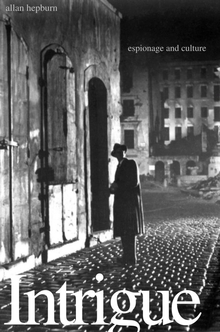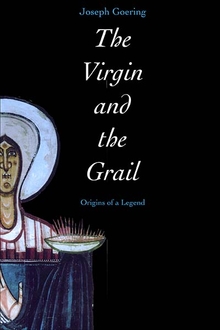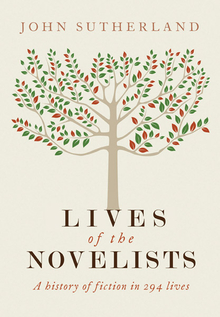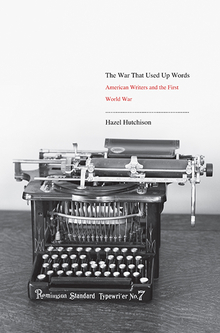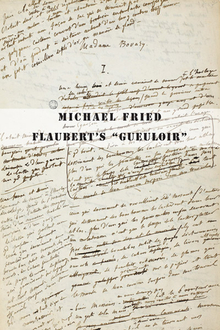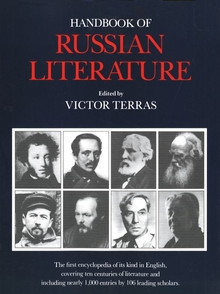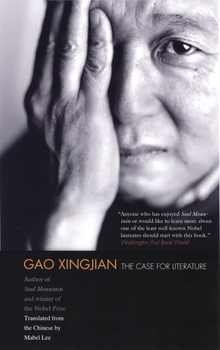Intrigue
WARNING
You are viewing an older version of the Yalebooks website. Please visit out new website with more updated information and a better user experience: https://www.yalebooks.com
Espionage and Culture
Allan Hepburn
An inventive and surprising examination of a century of spy fiction.
Why do spies have such cachet in the twentieth century? Why do they keep reinventing themselves? What do they mean in a political process? This book examines the tradition of the spy narrative from its inception in the late nineteenth century through the present day. Ranging from John le Carré’s bestsellers to Elizabeth Bowen’s novels, from James Bond to John Banville’s contemporary narratives, Allan Hepburn sets the historical contexts of these fictions: the Cambridge spy ring; the Profumo Affair; the witch-hunts against gay men in the civil service and diplomatic corps in the 1950s.
Instead of focusing on the formulaic nature of the genre, Intrigue emphasizes the responsiveness of spy stories to particular historical contingencies. Hepburn begins by offering a systematic theory of the conventions and attractions of espionage fiction and then examines the British and Irish tradition of spy novels. A final section considers the particular form that American spy narratives have taken as they have cross-fertilized with the tradition of American romance in works such as Joan Didion’s Democracy andJohn Barth’s Sabbatical.
"Intrigue, informed by wide reading in espionage literature, history, political and cultural theory, is literary and ideological criticism of the most sophisticated and nuanced kind."—Maria DiBattista, Princeton University
"Intrigue is a masterful work—a learned, insightful, and elegant account of a significant genre of twentieth century fiction. It will certainly be read for decades to come and will be an indispensable reference for any future study of spy fiction."—Pericles Lewis, Yale University
“Hepburn documents the seriousness of spy stories. His primary concern in this culturally far-ranging exploration is with espionage narratives (1900-2000) produced in response to historical events. . . . The extensive list of works cited is splendid. Highly recommended.”—Choice
Publication Date: March 11, 2005

